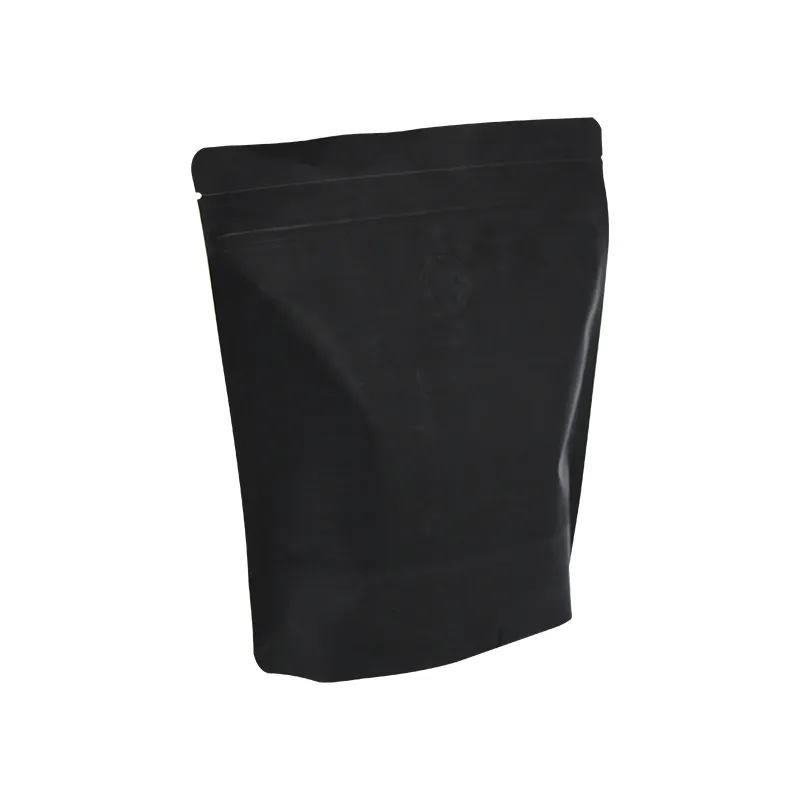- Afrikaans
- Albanian
- Amharic
- Arabic
- Armenian
- Azerbaijani
- Basque
- Belarusian
- Bengali
- Bosnian
- Bulgarian
- Catalan
- Cebuano
- chinese_simplified
- chinese_traditional
- Corsican
- Croatian
- Czech
- Danish
- Dutch
- English
- Esperanto
- Estonian
- Finnish
- French
- Frisian
- Galician
- Georgian
- German
- Greek
- Gujarati
- haitian_creole
- hausa
- hawaiian
- Hebrew
- Hindi
- Miao
- Hungarian
- Icelandic
- igbo
- Indonesian
- irish
- Italian
- Japanese
- Javanese
- Kannada
- kazakh
- Khmer
- Rwandese
- Korean
- Kurdish
- Kyrgyz
- Lao
- Latin
- Latvian
- Lithuanian
- Luxembourgish
- Macedonian
- Malgashi
- Malay
- Malayalam
- Maltese
- Maori
- Marathi
- Mongolian
- Myanmar
- Nepali
- Norwegian
- Norwegian
- Occitan
- Pashto
- Persian
- Polish
- Portuguese
- Punjabi
- Romanian
- Russian
- Samoan
- scottish-gaelic
- Serbian
- Sesotho
- Shona
- Sindhi
- Sinhala
- Slovak
- Slovenian
- Somali
- Spanish
- Sundanese
- Swahili
- Swedish
- Tagalog
- Tajik
- Tamil
- Tatar
- Telugu
- Thai
- Turkish
- Turkmen
- Ukrainian
- Urdu
- Uighur
- Uzbek
- Vietnamese
- Welsh
- Bantu
- Yiddish
- Yoruba
- Zulu
Top Liquid Packaging Firms for Innovative Solutions and Sustainable Practices
The Evolution and Importance of Liquid Packaging Companies
In today’s fast-paced world, liquid packaging companies play an essential role in the supply chain of various industries, from food and beverages to pharmaceuticals and personal care products. As consumer demand for convenience continues to rise, these companies evolve to develop innovative solutions that not only cater to the needs of businesses but also prioritize sustainability and safety.
The Role of Liquid Packaging Companies
Liquid packaging companies specialize in creating packaging solutions that serve a wide range of liquid products. These can include everything from bottled water, milk, and juices to sauces, cleaning agents, and pharmaceuticals. The significance of these companies cannot be overstated; they ensure that liquids are stored, transported, and sold in a way that maintains their quality and safety while also being user-friendly for consumers.
Innovations in Liquid Packaging
Over the last decade, technological advancements have transformed the landscape of liquid packaging. Companies are now leveraging materials science and engineering to create lighter, more durable packaging that reduces waste and improves environmental sustainability. For example, the shift from glass to flexible plastic pouches or cartons not only lowers shipping costs but also often results in lower carbon emissions during production and distribution.
Moreover, the introduction of smart packaging solutions has added a new layer of functionality. Smart labels with QR codes or NFC chips allow consumers to access information about product freshness, nutrition, and sourcing, enhancing transparency and building trust between brands and consumers.
Sustainability Challenges and Solutions
liquid packaging companies

As environmental concerns have become increasingly prominent, liquid packaging companies are under pressure to adopt sustainable practices. The plastic pollution crisis has prompted many firms to explore biodegradable or recyclable materials as alternatives to traditional plastic. Innovations such as plant-based plastics and reusable packaging systems are gaining traction, helping reduce the industry's carbon footprint and aligning with consumer preferences for environmentally friendly products.
Furthermore, many companies are embracing circular economy principles, designing packaging that can be reused or recycled effectively. This not only reduces waste but also fosters brand loyalty among eco-conscious consumers who appreciate companies that prioritize sustainability.
The Impact of Regulation
Liquid packaging companies must also navigate a complex landscape of regulatory requirements. Food and beverage safety regulations, for example, dictate the materials and standards that packaging must meet to ensure consumer safety. Companies must stay informed of changing regulations and ensure compliance to avoid penalties and maintain consumer trust.
Additionally, the rise of e-commerce has added another layer of complexity to liquid packaging. Packaging not only needs to protect products during transportation but also must be appealing for online presentation. This shift has driven innovation towards more aesthetically pleasing designs that still prioritize functionality and safety.
Conclusion
Liquid packaging companies are integral to a wide spectrum of industries, providing essential solutions that evolve alongside changing consumer needs and preferences. As they navigate the challenges of sustainability, regulation, and technological advancement, these companies are positioned to lead the charge towards innovative and eco-friendly packaging solutions. With continued focus on sustainability and innovation, liquid packaging companies stand to not only meet current demand but also pave the way for a more responsible and efficient future in packaging. Their role in enhancing product safety and consumer experience will continue to be invaluable, making them key players in the global economy for years to come.













